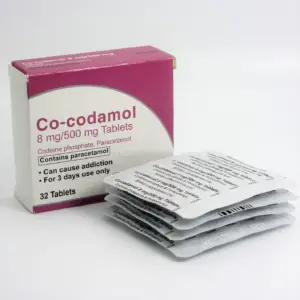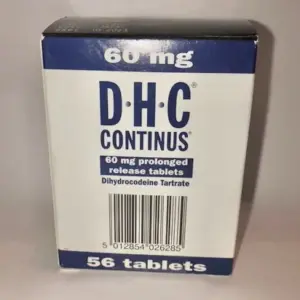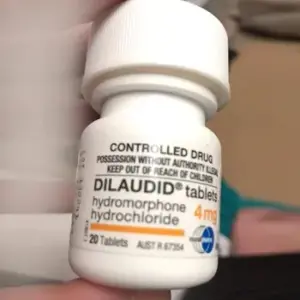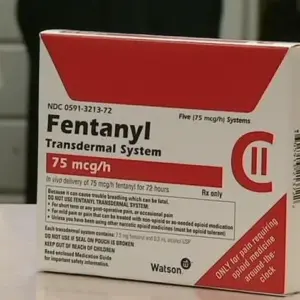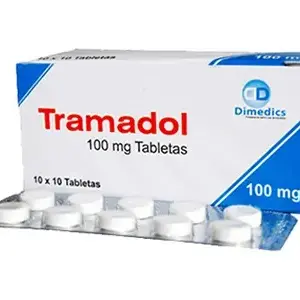Opioid Medications
Opioid Medications attach to proteins called opioid receptors on nerve cells in the brain, spinal cord, gut, and other parts of the body. When this happens, the opioids block pain messages sent from the body through the spinal cord to the brain. Opioids can also cause more serious side effects that can be life-threatening. Opioids can be part of an effective pain management plan, but to help avoid side effects and risk of addiction, you should use them only under a physician’s supervision.
Anesthesiologists — medical doctors who specialize in anesthesia, pain management, and critical care medicine — have extensive training and experience in prescribing opioid and non-opioid pain medications. If you need help managing pain, an anesthesiologist can work with you to make sure your pain is under control while minimizing side effects and the risk of addiction. Patients who suddenly stop taking opioids can sometimes experience symptoms such as jittery nerves or insomnia, so it’s important to work with your anesthesiologist or another doctor to taper, or wean yourself off of, and ultimately stop the medication.
Because opioids mask pain, removing them can also give the pain management specialist a better understanding of the nature and level of your discomfort. With that understanding, the physician can better assess which alternative treatments could be effective for you. While withdrawal symptoms can be difficult to endure, they can be managed effectively with positive results, especially with the assistance of a specialist like an anesthesiologist. According to the Centers for Disease Control and Prevention, most people have improved function without worsening pain after stopping opioid use.
Some patients have even experienced improved pain relief after weaning off the medicine, even though pain might briefly get worse at first. Additionally, alternative therapies with fewer risks and side effects may be effective in managing pain.
Showing 1–12 of 13 results



